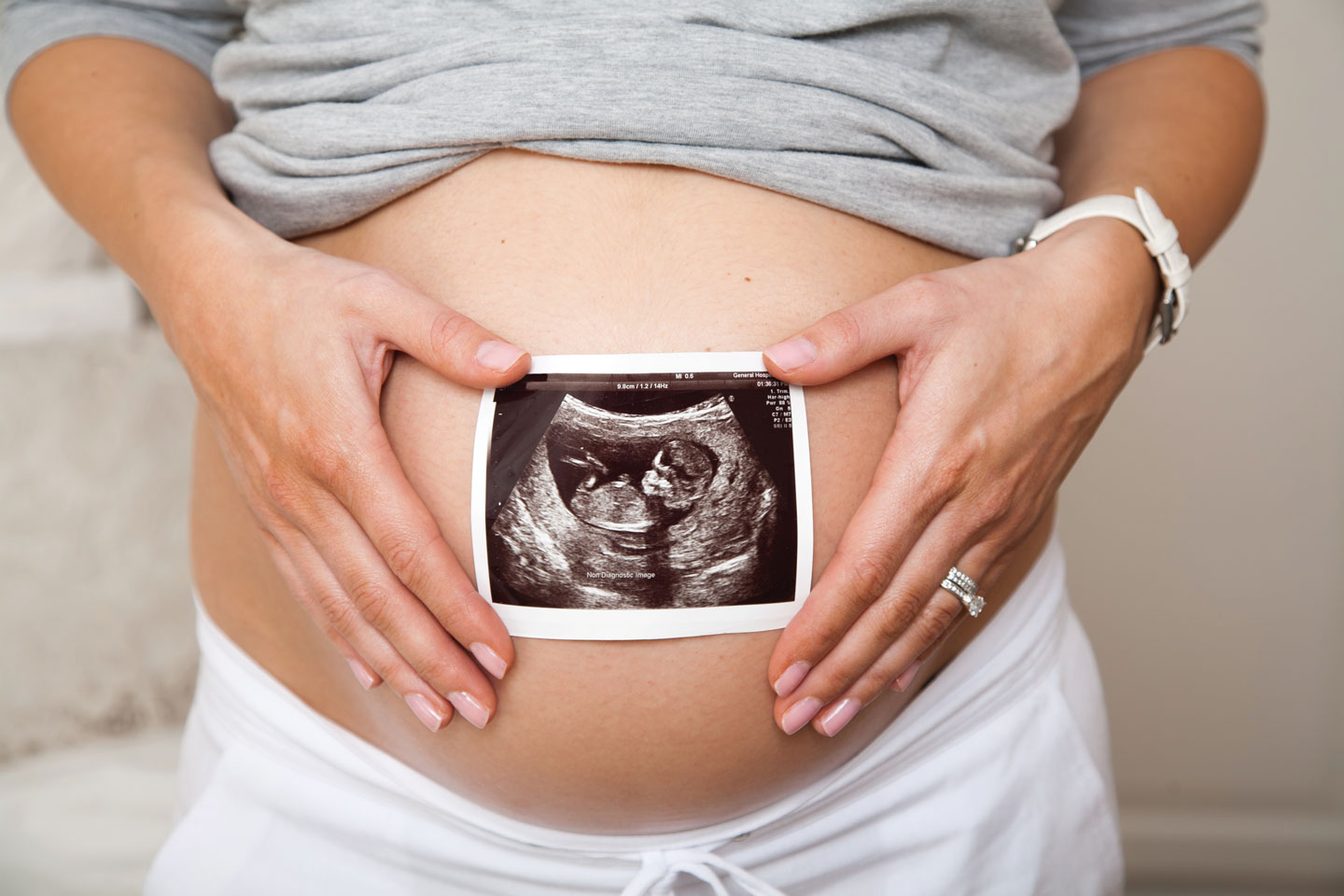
Introduction to the Women’s Health Strategy
Why a Women’s Health Strategy?
Healthy futures – pae ora
The Women’s Health Strategy[1] is one of the strategies required by the Pae Ora (Healthy Futures Act) 2022. The health strategies being developed share the vision of pae ora. Pae ora means healthy futures. Pae ora includes mauri ora (healthy individuals), whānau ora (healthy families), and wai ora (healthy environments).
This will be the first Women’s Health Strategy for Aotearoa New Zealand. It will be inclusive of gender diverse people, including intersex people, transgender people, non-binary people, and takatāpui and MVPFAFF+ gender diverse people who experience the health issues covered in this strategy.
The Women’s Health Strategy is a chance for Manatū Hauora – Ministry of Health to listen to women and understand what matters to them and supports their health and wellbeing.
Aotearoa New Zealand is diverse. The Women’s Health Strategy, together with the other health strategies, will explore health and wellbeing for the range of people in New Zealand.
Healthy futures for women in Aotearoa New Zealand
Women play a critical role in the social, economic, and political landscape of Aotearoa New Zealand. Supporting women’s health and wellbeing has impacts across generations and benefits whānau and communities.
Health outcomes continue to improve for many women in Aotearoa New Zealand. Better access to primary care and better integration between primary and secondary care contributes to this. Women spend more years in poor health than men however, and women continue to experience gender bias and discrimination in the health system.
Developing a Women’s Health Strategy recognises the strength of women and of their whānau and communities. Developing the Strategy is a step towards supporting the health and wellbeing of all women in Aotearoa New Zealand by ensuring that they can be heard, have choices, and live longer and healthier lives.
The Women’s Health Strategy is a chance to confirm hauora Māori priorities, issues, and opportunities for women. It is a chance to enable self-determination and mana motuhake and achieve equitable outcomes for wāhine Māori within the health system. It is also a chance to address racism and discrimination and protect and include mātauranga Māori.
Women and people who experience the issues covered in this strategy have different health needs to cisgender men[2]. They experience inequities in the things that influence health (such as income and housing), as well as health access, experience, and outcomes. Women can experience overlapping forms of disadvantage and discrimination that negatively impact on their health and wellbeing, including sexism, racism, ableism, homophobia, and transphobia.
The burden of health loss falls inequitably on wāhine Māori, in terms of poor health, disability and premature death. There are also other groups who experience inequities in health and wellbeing including Pacific women, ethnic and migrant women, disabled women, older women, the rainbow community, including takatāpui people and MVPFAFF+, and sole mothers.
The development of the Women’s Health Strategy will contribute women’s rights to the highest attainable standard of health and wellbeing, and rights to be free from discrimination.
What will the Women’s Health Strategy do?
The Pae Ora Act 2022 sets requirements for the Women’s Health Strategy, including that the Strategy provide a medium and long-term direction for improving women’s health and wellbeing.
The Strategy is a chance to describe a vision for women’s health and wellbeing and the change needed to get there. The Strategy will assess the current state of health outcomes for women and the performance of the health sector in relation to women. It will be informed by evidence and will identify priorities for women’s health and wellbeing.
Focus of the Women’s Health Strategy
The Women’s Health Strategy will consider women’s health and wellbeing needs and experiences throughout their lives, including by:
- listening to what women want for their future health and wellbeing
- harnessing the strengths of women and of their whānau and communities
- understanding the needs and experiences across women’s lives and how these affect their health including education, caring roles, ageing, employment and income
- honouring and upholding Te Tiriti o Waitangi for wāhine Māori
- examining avoidable and unfair gender differences, and differences between groups of women, in experiences of health and barriers to health and wellbeing
- understanding what influences women’s health and their experiences of health
- identifying gender bias and discrimination in the health system
- understanding how disadvantage and discrimination can worsen health outcomes for some groups of women
- identifying gendered gaps in health and wellbeing evidence and research
- examining major causes of poor health, disability and death for women (including all those who identify as women, and those that are assigned female at birth), such as heart disease and lung cancer
- examining how major causes of poor health, disability and death differ between genders, and between different groups of women.
Having your say
We will be running public engagements through to March 2023. Right now, you can make a submission. You can also leave an idea on our online discussion platform, Tātou
There will be other ways to get involved in the development of the Women’s Health Strategy and share your thoughts and ideas about Pae Ora.
[1] The Women’s Health Strategy will be inclusive of gender diverse people (including intersex people, transgender people, non-binary people, and takatāpui and MVPFAFF+ gender diverse people) who experience the health issues considered in this strategy. This includes all those who identify as women and those assigned female at birth.
[2] Men whose gender aligns with their sex assigned at birth